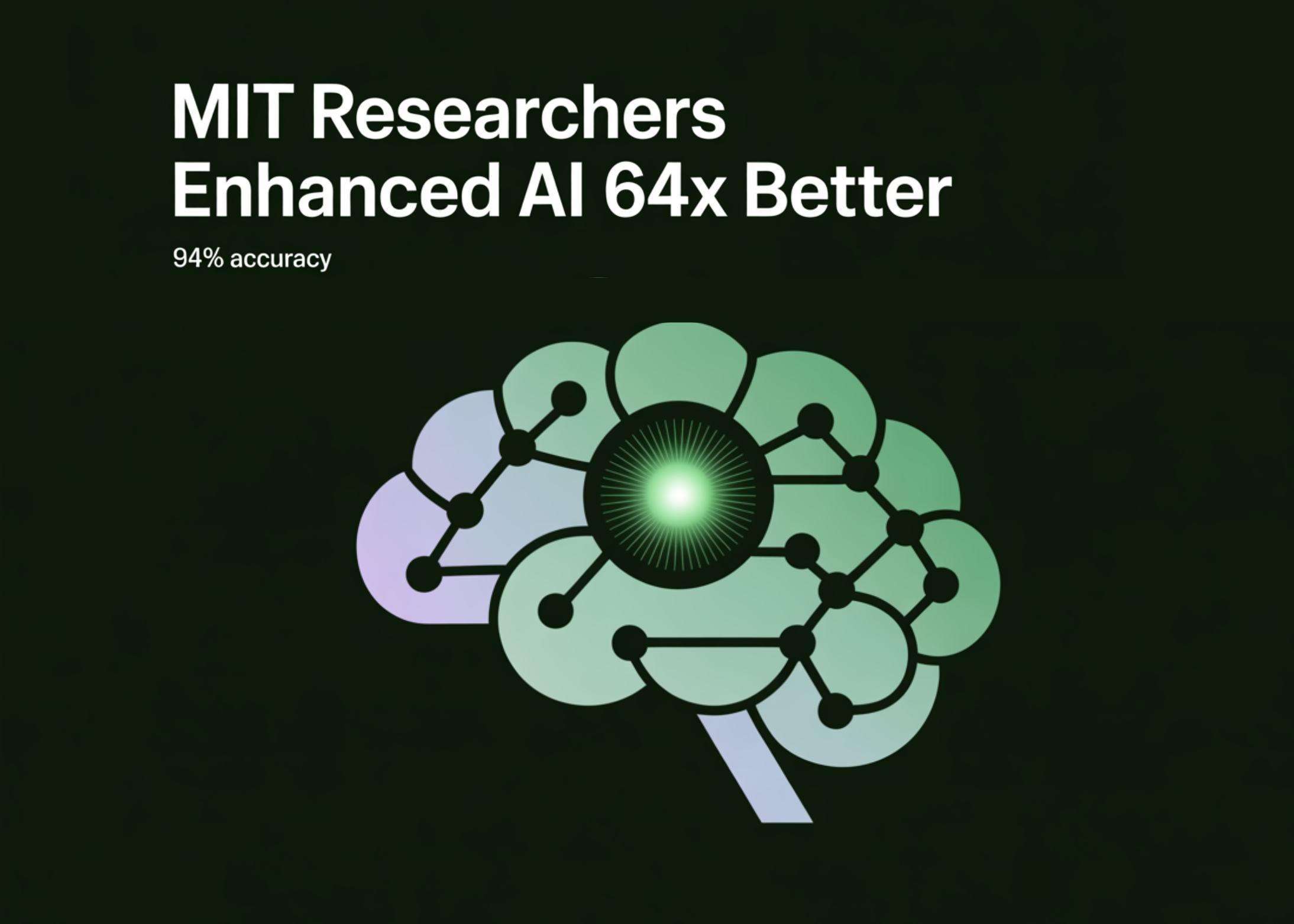
MIT Researchers Enhance AI Planning Capabilities with 64x Improvement
Researchers at the Massachusetts Institute of Technology's Computer Science and Artificial Intelligence Laboratory (CSAIL) have made a significant breakthrough in artificial intelligence (AI) planning. They have introduced PDDL-INSTRUCT, an innovative instruction-tuning framework designed to enhance the symbolic planning performance of large language models (LLMs).
Improving Validity in Multi-Step Plans
The challenge addressed by the MIT team involves the common failure of LLMs to generate logically valid multi-step plans. Traditionally, these models often produce plans that sound plausible but lack logical validity. The introduction of PDDL-INSTRUCT aims to resolve this issue by coupling logical reasoning with external plan validation.
Key Features of PDDL-INSTRUCT
- Error Education: Models are trained to explain the reasons behind failed candidate plans, such as unsatisfied preconditions or incorrect effects.
- Logical Chain-of-Thought: Prompts require systematic step-by-step inference that traces the relationship between states and actions.
- External Verification: Each planning step is validated using the classic VAL plan validator, ensuring that feedback is accurate and actionable.
In practical applications, a tuned version of the Llama-3-8B model achieved an impressive 94% accuracy in generating valid plans on the Blocksworld benchmark. Furthermore, significant improvements were observed in other domains such as Mystery Blocksworld and Logistics, with a reported 66% absolute increase in performance over previous baselines.
Implications for Future AI Development
This advancement in AI planning capabilities could have far-reaching implications across various industries. By enabling LLMs to produce provably valid plans, the potential for more reliable AI applications in fields such as robotics, logistics, and complex problem-solving is now more attainable.
The research team’s findings underscore the importance of rigorous validation methods in the development of AI technologies. As the field continues to evolve, innovations like PDDL-INSTRUCT highlight the growing need for AI systems that not only appear intelligent but also operate with logical precision.
Rocket Commentary
The advancements showcased by MIT's CSAIL in AI planning through PDDL-INSTRUCT are commendable, particularly in addressing the critical issue of logical validity in multi-step plans produced by large language models. However, while this framework represents a meaningful step forward, we must remain vigilant about the implications of integrating AI into decision-making processes. The efficacy of these models hinges on their ability to produce not just plausible but also ethically sound plans, which directly impacts industries relying on AI for operational strategies. As we embrace these transformative technologies, it is essential to prioritize accessibility and ethical standards, ensuring that the benefits of AI planning are realized across diverse sectors without compromising integrity or accountability. The potential for PDDL-INSTRUCT to enhance the practical applications of AI in business is significant, but its deployment must be accompanied by rigorous validation mechanisms and a commitment to transparency.
Read the Original Article
This summary was created from the original article. Click below to read the full story from the source.
Read Original Article